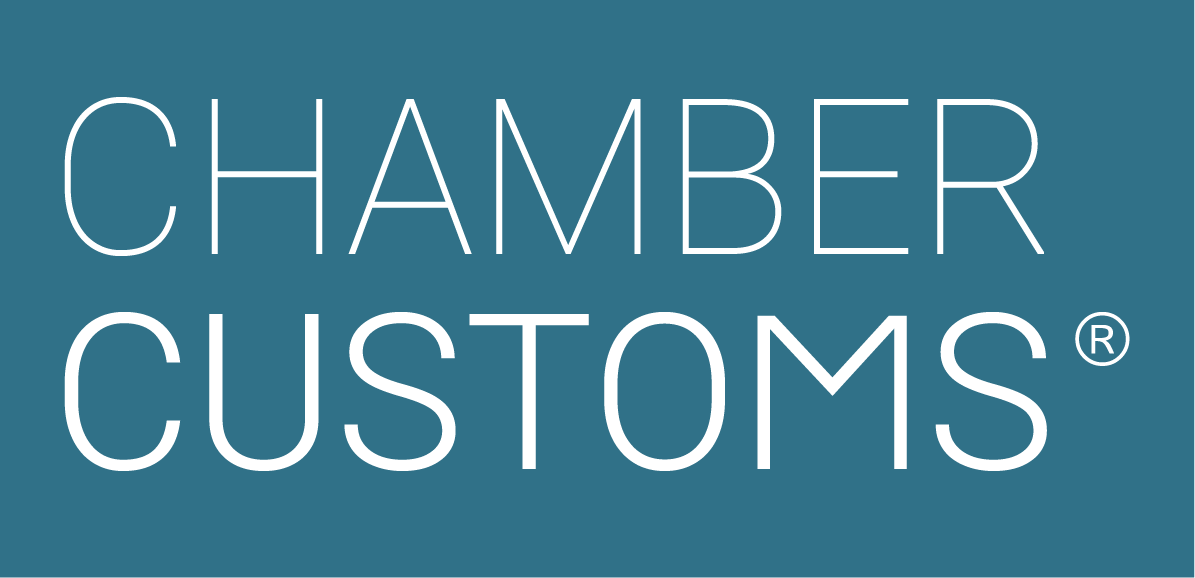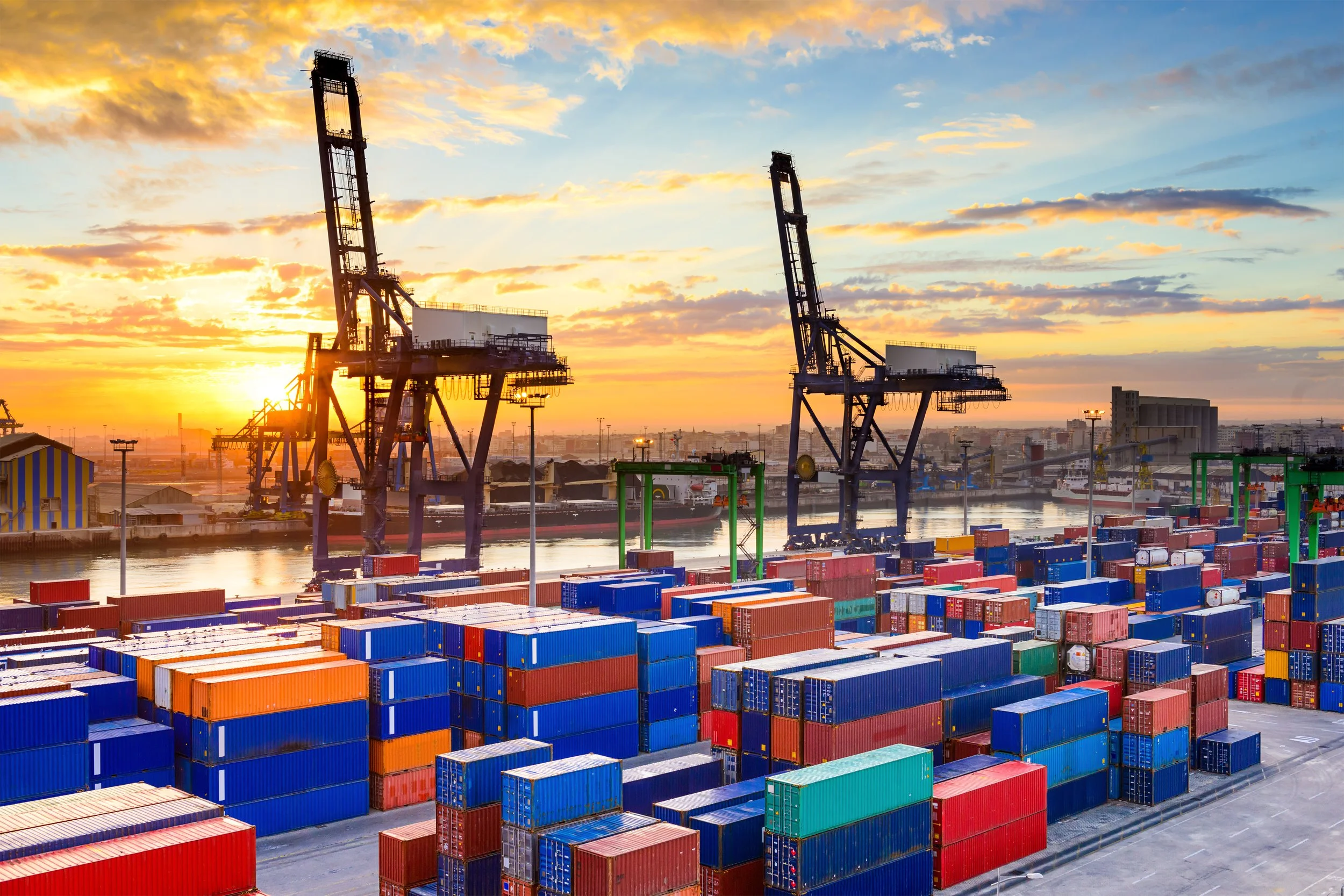Paying Import Taxes and Duties
Why do you have to pay duty and tax?
Reasons we pay duties and taxes:
Firstly, acquiring duties and taxes is one of the ways the UK government raises money.
Furthermore, by regulating the level of duty, the government protects the domestic market.
For example, if you import ironing boards from any country, you pay 6.5% duty. Thanks to a Trade Agreement with the EU, if you import ironing boards made in the European Union, you will pay 0%. However, if you import ironing boards from China, you will pay 42.3% duty on them.
How do I calculate UK import duty and other taxes?
Why would I have to pay so much duty on ironing boards from China?
In the example of ironing boards imported from China, the UK government slaps on 42.3% duty in a bid to ensure that the product coming from China, which is most likely subsidised by the government of China, is not able to be ‘dumped’ in our market at a price that is below the standard and undermines all the producers of ironing boards in our UK market - this process is called anti-dumping. Anti-dumping policies are a way to protect our local economy.
Can I avoid custom charges from the USA to the UK?
The short answer is ‘No’. If there is a duty payable, you must pay it.
However, this is one of the ways a Customs Clearance Agent can support you.
Use a customs broker to find out the best legal and compliant way to import your duty, taking advantage of any measure you may be unaware of to reduce or eliminate any import duty.
For example, there could be a quota available.
A quota is a mechanism that the government uses to reduce or remove import duty allowing a certain quantity of a product to be imported. This process typically happens at certain times of the year or to compensate for products in short supply in the UK.
For example, around Christmas time, dates (the dried fruits) are very popular. In the UK, we don’t tend to grow dates, so we have a seasonal quota. UK importers can import a given number of tonnes of dates duty-free. The quota is available on a ‘first come, first served’ basis. If that's available, you can claim it.
When this quota expires, duty is chargeable on those products again.
If you don’t know about this mechanism, you can’t take advantage of it - which is where the expertise of your Customs Broker would come in very handy.
Furthermore, there might be rules of origin benefits that you are not aware of - i.e. in this instance, there might be preferential rates for importing dates from Mexico, which your Customs Broker can make you aware of.
Our Customs Brokers will always check your commodity code and report back to importers to make them aware if they qualify for a reduced or a 0% import duty. They can also help you to obtain documentation to support preferential duty claims.
One of our ChamberCustoms success stories was helping a start-up textile importer purchase T-shirts from Turkey to sell in Manchester.
The business was not aware of the preferential duty available and had been prepared to pay the 4% rate of duty applications.
Our Customs Broker agent in Manchester spotted a preferential rate on those products and discussed the option with the trader. The cost of obtaining the required documentation in Turkey to support the origin claim far outweighed the savings in duty.
What will happen if I don’t pay customs duty?
HMRC can enforce civil penalties on top of recovering any amount of duty owed. HMRC has the power to enforce civil penalties from £100 to £2,500 but will usually enforce these penalties when it appears that they are being, or have historically been, actively defrauded, or if they see any intention to defraud.
If you made a mistake and put things in place to fix it using compliant measures, HMRC tends to be quite understanding.
Having a reliable Customs Broker to help you and support you can significantly reduce your exposure to fines and non-compliance.
In the last 12 months, we have seen a significant amount of goods coming through Europe into the UK, with traders incorrectly using the easements available from HMRC. The result is that a considerable amount of import declarations have not been filed, leaving traders vulnerable to fines on top of duty and VAT not yet paid.
Until the 31st December 2021, goods coming from Europe could enter the UK without having to stop at the Border. HMRC is relied on traders to declare these goods properly. However, from the 1st January 2022 onwards, the easement’s ended, and HMRC will now enforce all border control measures.
Not having a declaration equates to smuggling goods into the country, and – in the worst-case scenario – could lead to criminal prosecution.
BESPOKE CUSTOMS ADVICE
Our team of customs experts have decades of operational experience in all aspects of customs. As well as advising clients we are also called on by government departments for our expertise in helping develop policies that will work for business.
Customs Clearance near you
The ChamberCustoms network is never far from you with over 40 locations across the UK, from Inverness in the north to Dorset in the South. We operate in every country of the UK and we’re directly connected to all air, sea, ro-ro and rail port inventory systems.
-
In short, no.
Once a declaration has been accepted by Customs (HMRC), this has legal value.
If you have made a mistake or the customs declaration has been completed incorrectly, you will have to pay duty. If the duties have already been paid, you can apply to HMRC to get any overpaid duty reimbursed.
This is something that ChamberCustoms brokers can help you with our experienced team.
-
Excise duty is a different type of duty that is payable on things that you can smoke, drink or put in your car - i.e. if it's tobacco, alcohol, or hydrocarbon oil, it attracts an additional type of duty called ‘excise’.
Fun Fact: excise means “to remove by cutting”, which the Government does when they claim a part of the revenue from the amount paid.



